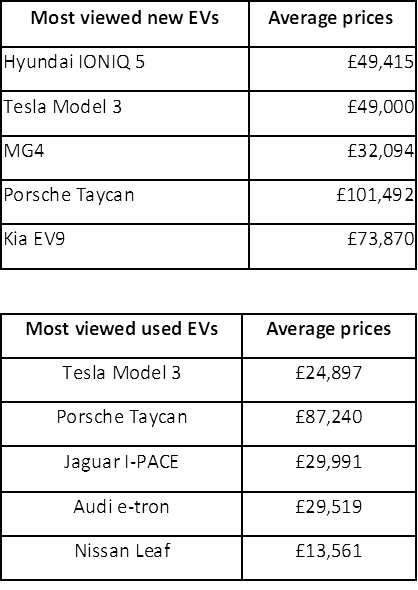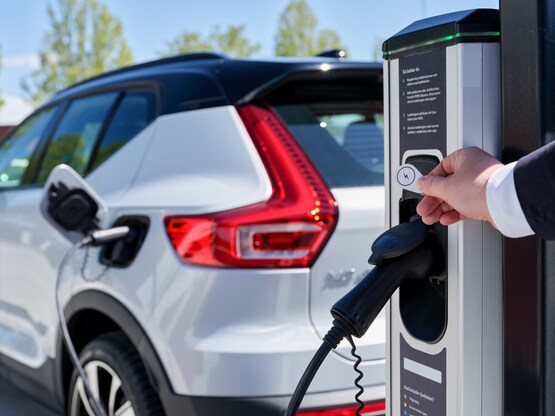Consumer concerns over the affordability of electric vehicles (EVs) are hindering mass adoption, putting pressure on the government to provide more support for the market, according to new research by Auto Trader.
The research shows that 87% of car buyers are unwilling to pay a premium for an electric car, despite government efforts to push for an electric transition by 2035.
A significant 70% of consumers are opposed to the government’s planned ban on new petrol and diesel vehicle sales by that date.
Auto Trader’s latest Road to 2035 Report highlights that although used EV sales are growing, with a 62% rise since January, new EV sales remain weak due to high prices.
The average retail price for a new EV is £51,000, which is 31% higher than for a new petrol or diesel car, with only 16 new EV models available for under £30,000.
Most buyers are not willing to pay more than £3,000 extra for an EV, leaving the majority (65%) of consumers planning to spend no more than £20,000 on their next car.
As a result, only 8% of buyers are considering an EV, compared to 47% opting for petrol vehicles and 38% for hybrids.
Interest in plug-in hybrid vehicles (PHEVs) has surged by 33% compared to 2023, as consumers see hybrids as a stepping stone to full EV adoption.
However, affordability remains a challenge as there are no PHEVs under £30,000, and the median price of a PHEV is around £8,000 higher than an EV.
While used EV prices have fallen, narrowing the gap with petrol and diesel vehicles, new EV sales have grown by only 11% since January.
Auto Trader warns that without more government support to reduce costs, mass EV adoption may stall, particularly given the slow growth in new EV sales, which still fall short of the Zero Emissions Vehicle (ZEV) mandate requiring 22% of new cars sold in 2024 to be electric.
 Auto Trader’s commercial director, Ian Plummer, called for government action to develop incentives to support both new and used EV sales.
Auto Trader’s commercial director, Ian Plummer, called for government action to develop incentives to support both new and used EV sales.
Recommendations include maintaining current salary sacrifice and benefit-in-kind (BIK) tax incentives, lowering VAT on public charging points to 5%, and introducing incentives in the used car market to make EVs more affordable.
Plummer noted: “A healthy used market is unsustainable unless we do more to encourage drivers to buy new EVs, which are still too expensive. Most consumers say they are unwilling to pay more to go electric, which is a real concern for the transition.”
With growing opposition to the 2035 ban on petrol and diesel cars, particularly among older drivers, and the upcoming Budget next month, Auto Trader is also urging Labour to expand support for EV production and ensure the government’s transition plan remains on track.

